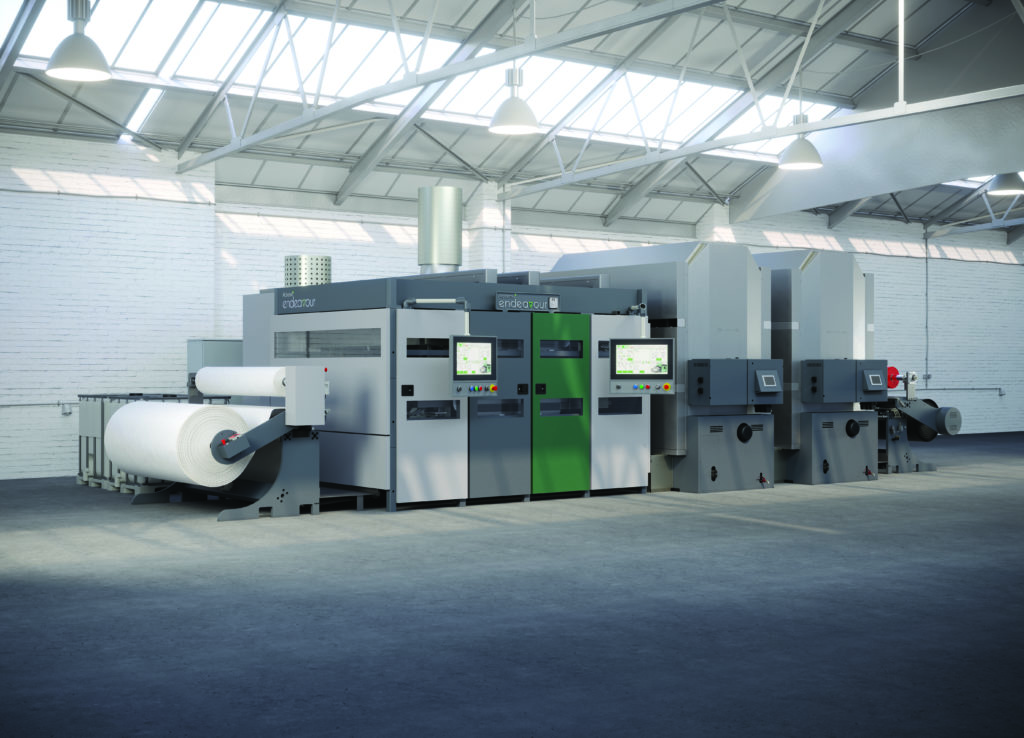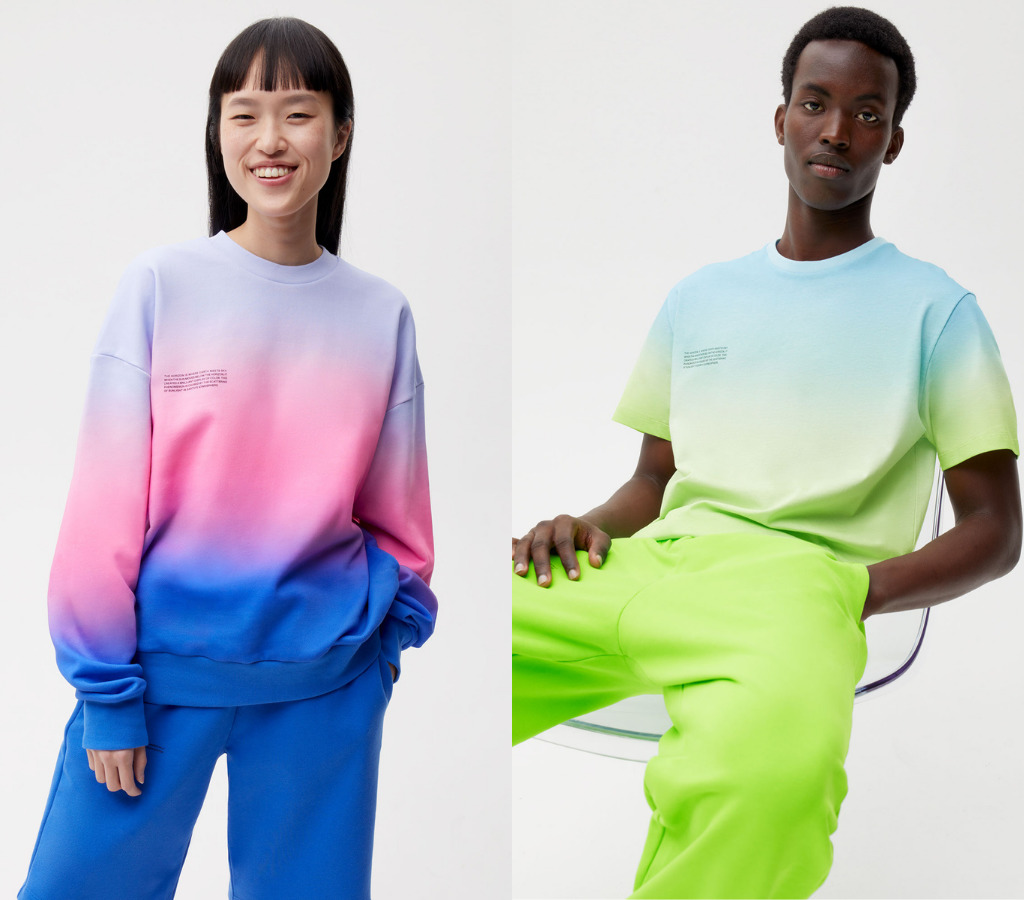Alchemie Technology Pledges To Take Polluting Dye Processes Out Of The Fashion Industry
3 Mins Read
The latest bid to bring sustainability to the fashion industry comes from Alchemie Technology, a British textile dyeing operation that has developed waterless processing tech, alongside smart finishing procedures. Both significantly reduce resources used and emissions generated. Dubbed a ‘cleantech manufacturing solution’,Cambridge-based Alchemie aims to disrupt the fashion industry with the wastewater-free dyeing innovations it has created.
Alchemie Technology completed an undisclosed funding round last year. H&M and At One Ventures participated. Prior backing came in the form of a $1.3 million grant from EASME. Recent global tech exports and recognition as a sustainability leader are propelling the company into its next growth phase.

Disrupting the fashion industry from within
Textile dyeing and finishing processes have been identified as contributing significantly to climate change. As of today, they are estimated to account for 3 percent of all carbon emissions, with predictions that this will rise to 10 percent by 2035. 20 percent of global water pollution has been ascribed to the processes as well. By changing the way fabrics are dyed and finished, the fashion industry can make a meaningful contribution to climate action targets.
“We are all now aware of the importance of reducing our impact on climate change, however, the term “sustainability” is thrown around so often that it’s at risk of losing its meaning,” Simon Kew, managing director of Alchemie Technology told Green Queen in an exclusive statement.
“More recently we’ve seen countries around the globe commit to achieving net-zero by 2050, at the recent COP26 conference, and New York has now presented a bill to require more transparency on the environmental impact of fashion goods sold – from raw materials to shipping. While these are welcome changes, many are still unaware of one of the biggest causes of pollution within the fashion industry – textile dyeing. Current outdated processes create more CO2 than the shipping and aviation industries combined.”
Alchemie’s solutions are waterless dyeing and finishing processes, carried out by proprietary digital technology. Equipment has been developed for use by e-commerce supply chains and the company claims it has eliminated wastewater emissions entirely. 85 percent less energy and a 50 percent cost reduction have been touted as well. A machine has recently been sent to Asia, the fast-fashion manufacturing capital, to begin tackling a lot of the problem at its source.
“As the industry becomes more dangerous to the planet, fashion consumption is only set to grow – and is predicted to increase by 63% in 2030. Without urgent action the problem is only going to get worse, Kew said. “The fashion industry is one of the of the biggest polluters in the world yet is also one that can cause the quickest amount of change.”

Changing the processes
Alchemie is not alone in looking at foundation material processes as a way to cut the impact of the fashion industry. In December last year it was announced that Pangaia had joined forces with UK-based Colorifix to use its bacteria-based dyes for a line of clothing. The naturally sourced pigments offered a less harmful alternative to synthetic dyes and needed no chemical fixing agent, as many other organic options do.
Earlier in 2021, both Ralph Lauren and Lululemon announced intentions to look sat alternatives to synthetic dyeing processes. The former took the plunge with a water reuse and recycling program, connected to its cotton dyeing activities. Lululemon plumped for dyes powered by food waste.
Lead photo by Alchemie/Getty Images.




